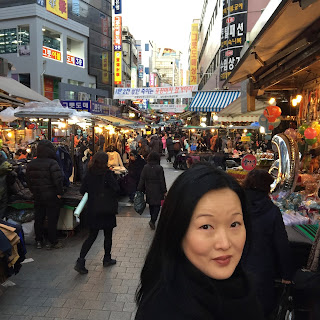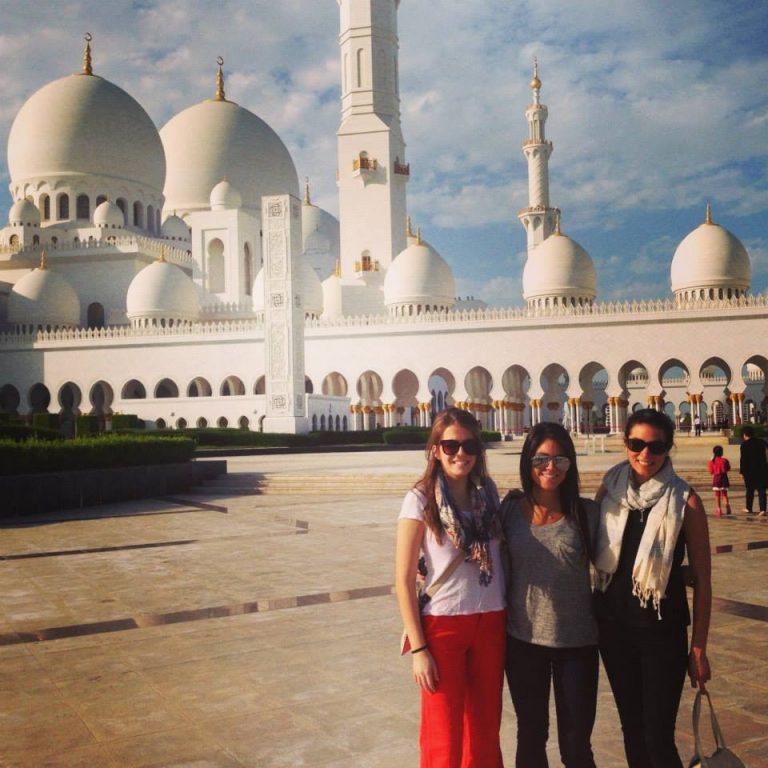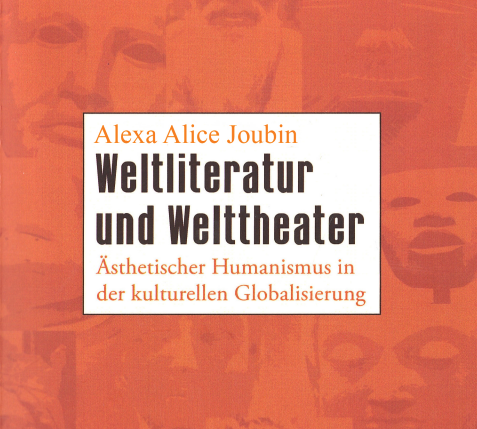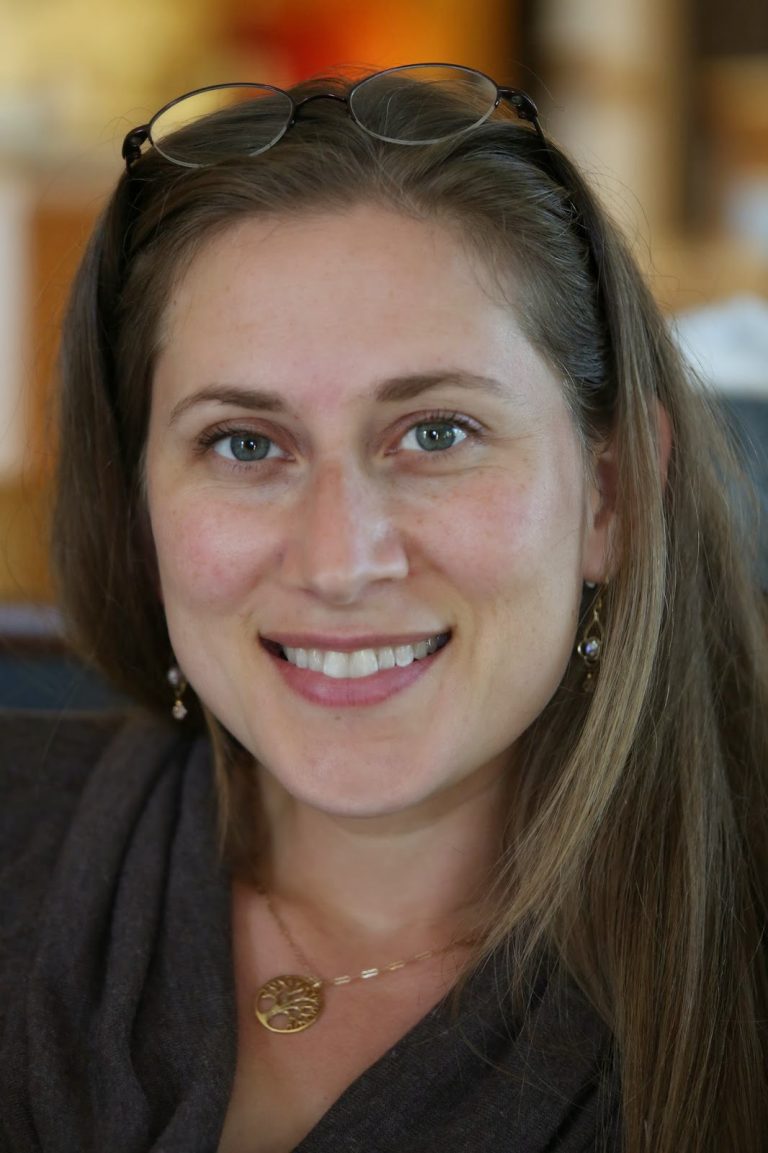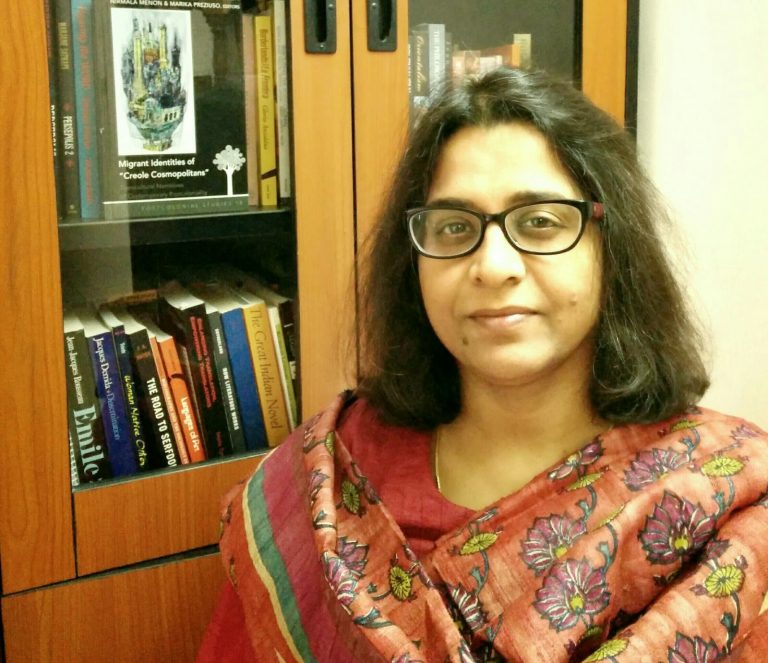 |
| GW English Professor Jung Yun |
GW English is excited to introduce you to Jung Yun, who will be joining our faculty in the fall as an Assistant Professor of Creative Writing, with a specialty in fiction. Professor Yun comes to us from the University of Massachusetts at Amherst, where she received her MFA and where she has been working as a Senior Lecturer and Director of New Faculty Initiatives. Professor Yun’s first novel, Shelter, has just been published by Picador. The central character in Shelter, Kyung Cho, lives in Massachusetts with his wife Gillian and their young child. The couple is struggling financially following the 2008 housing crisis and the novel in fact opens with a meeting between them and a real estate agent who is helping them weigh their options for navigating financial crisis. Kyung himself is the son of successful Korean immigrants who live nearby. As Kyung and Gillian talk with the real estate agent, the three are suddenly jolted by a disturbing image out the window in the backyard. A woman is slowly approaching, naked and traumatized. It is Kyung’s mother Mae. Something terrible has happened.
We caught up with Professor Yun to talk with her about the novel and about her new position in GW’s Creative Writing program. You can see her soon in person, as she will be in Washington, DC for a reading at Kramerbooks on May 18 at 6:30 PM. More details on the Kramerbooks reading are accessible here.
Congratulations on the publication of your first novel, Shelter. The New York Times review here calls Shelter “gripping” and “captivating.” It suggests that the novel traverses a location where the American Dream unravels. Does that seem an apt description of the territory that interests you as a novelist? What were a few challenges for you writing Shelter, and working with such painful experiences?
An elderly woman at a public event recently asked, “Aren’t you ever tempted to write about happy things, like love?” It was very sweet, actually. She seemed concerned about me after I talked about the research I did before writing Shelter, which involved getting up at 4:30 every morning to read studies or first person narratives about domestic violence and child abuse. (The biggest challenge during this process was not letting my days be dictated by how they started.) I explained to her that I tend not to write about happy things because I’m generally a very happy person. I much prefer writing about things that I don’t understand and feel compelled to explore—violence, destruction, chaos, disintegration. All of these themes are present in Shelter, in which the illusion of the American Dream destroys two generations of the same family. My next book also examines how the pursuit of the American Dream goes terribly wrong for an entire town.
You’ve been traveling the United States on a book tour for Shelter. Have you enjoyed the experience and had some interesting encounters?
The travel can be a little exhausting (I just came back from the West Coast, where I took five flights in seven days and a man sneezed in my face at the airport), but after working on Shelterfor three and a half very solitary years, it’s nice to meet strangers who want to interact and talk about the book. An added bonus is that touring has given me a chance to reconnect with former colleagues and classmates, many of whom I haven’t seen in decades. In some cities, classmates from high school, college, and grad school have turned up at the same event, so I’ve been able to introduce them to each other and catch up in person rather than on social media.
We won’t ask you a version of the question you describe as the “question that has followed me throughout my adult life,” because we can direct our readers to your recently-published Atlantic essay here, which describes what it was like growing up Korean American in North Dakota, “one of the least diverse states in the country.” The Atlantic essay also reflects beautifully on both immigrant and refugee communities in North Dakota, at a moment when the world’s attention in so many locations is focused on refugees. Are there other creative writers whom you find particularly compelling, whose work focuses on immigrant or refugee experiences?
There are a couple of books about the first generation immigrant experience that I reread from time to time because the act of discovering them (in college) was so formative to me as a reader. These include Maxine Hong Kingston’s The Woman Warrior, Jamaica Kincaid’s Lucy, and David Wong Louie’s Pangs of Love. Jhumpa Lahiri and Chang-Rae Lee have also written several books that probe the tensions of second generation immigrants or characters who immigrated at a very young age and recognize no other home but America.
Some of the most interesting recent literature I’ve read about the refugee experience has focused on Africans fleeing the violence and chaos of their homelands. We Need New Names by Zimbabwean writer, NoViolet Bulawayo, is deeply troubling, particularly because its first person narrator is a child going through the experience of forced migration. On Black Sister’s Street by Chika Unigwe is another novel that stayed with me for quite some time. I appreciated how Unigwe’s story about Nigerian prostitutes in Amsterdam highlighted the differences between immigrants, refugees, and the many people who occupy the gray space in between these legal statuses.
Who else have you been reading lately?
My spring reading list is pretty eclectic because it reflects the fact that I’m still promoting my current book, doing research for my next one, and preparing a new course for the fall. I’m sitting in my home office as I write this, and I’ll admit that it’s messier than usual. There are open books or stacks of books on every flat surface. I’m reading (or have recently read) novels by writers with whom I’m scheduled to do public events in the near future (We Love You, Charlie Freeman by Kaitlyn Greenidge; The Sunlit Night by Rebecca Dinerstein; and The Border of Paradise by Esme Weijun Wang); non-fiction about North Dakota (Natives of a Dry Place: Stories of Dakota Before the Oil Boom by Richard Edwards and Fargo Rock City by Chuck Klosterman); and essay or short story collections that I may assign excerpts from (The Art of the Personal Essay, edited by Philip Lopate; Forty Stories by Donald Barthelme; Before You Suffocate Your Own Fool Self by Danielle Evans; and Get in Trouble by Kelly Link).
What attracted you to the position at GW? What are you most looking forward to as you move to the area?
I decided to apply for this position because of GW’s reputation for excellence in research and teaching (rather than research at the expense of teaching, or vice versa). I care deeply about writing and teaching undergraduates, so I knew that I wanted to be part of an institution that would value and support my continued growth in both areas. During my campus visit, I was also thrilled to meet so many interested and engaged faculty, staff, and students. I’m really looking forward to reconnecting with people again, meeting my students on the first day of class, and living in an area that has more than five good restaurants.
You are beginning your teaching at GW with English 1210, Introduction to Creative Writing. What are some of your plans, and your hopes, for this class?
I think people become better writers when they become better readers, so I plan to guide my students through the practice of reading with a different lens than they might be accustomed to. I’ll encourage them to pry apart authorial choices and imagine different results so they can be better prepared to experiment with these choices in their own writing. I tend to revise my reading lists regularly to keep the texts fresh and interesting, so I hope to select works that my students haven’t heard of or might not have chosen for themselves. I also hope to learn more about the types of fiction and non-fiction they like to read and aspire to write.
Welcome to GW English, Professor Yun!

